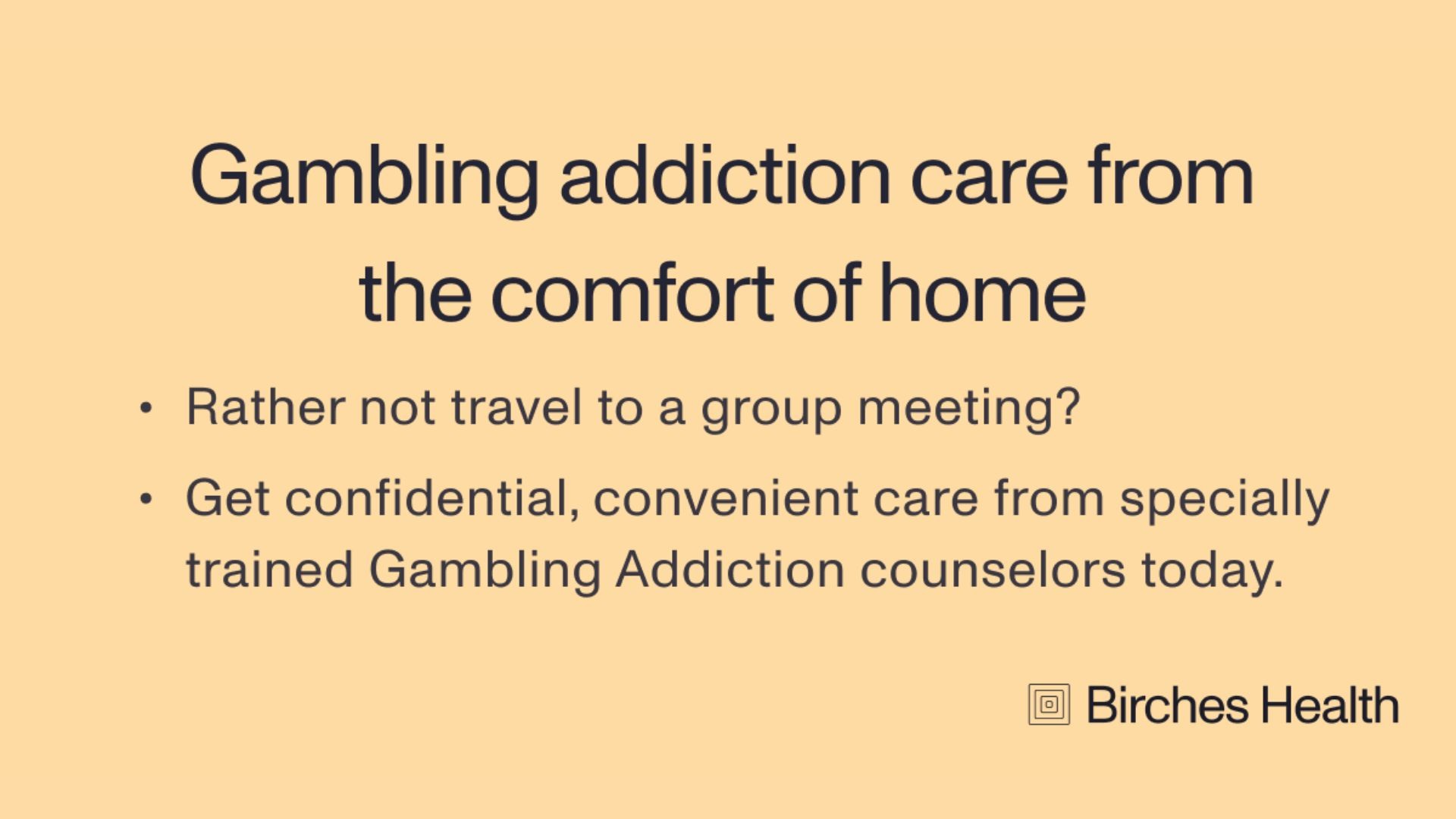Postpartum Women and Gambling Addiction, Compulsive Behaviors
Published:
Sep 10, 2025
,
11:03 a.m.
ET
Pregnancy and postpartum phases can be some of the most difficult periods of time for women. For those who also have other mental health diagnoses such as Substance Use Disorders, anxiety or postpartum depression, the risk of developing negative coping mechanisms becomes even greater. Understanding the connection between postpartum needs and warning signs of compulsive behaviors can help professionals identify those who may be at risk following their pregnancy.
Connections between the postpartum period and addiction
Substance Use Disorders during postpartum
The postpartum period can be a very emotionally and physically challenging time for women, including developing negative coping mechanisms to manage the stressful changes of early motherhood. Studies are finding an increase of Substance Use Disorders (SUD) during the postpartum period, specifically in the first twelve months postpartum. Research has also looked at the disconnect of care for Substance Use Disorders outside of pregnancy and postpartum, leaving a gap in access to care when an individual is no longer pregnant.
Gambling Addiction in postpartum women
Postpartum women may experience emotional ups and downs following pregnancy and seek out activities to help manage negative emotions. Gambling can quickly become an activity that an individual starts to pass time or distract themselves, as it is easy to participate in and do from anywhere nowadays. Women with postpartum depression may be at an increased risk of developing gambling addiction as well. An innocent activity can quickly turn into an addiction and it can be difficult for someone to reach out for help.
Christina Cook founded The Broke Girl Society after struggling with problem gambling for over 15 years. Cook aims to provide women with a supportive space to speak about their experiences with problem gambling and offer resources.
Cook also provides insight into how gambling addiction is becoming more prevalent in postpartum women:
“In The Broke Girl Society support group, I’ve seen a growing number of postpartum women opening up about their struggles with gambling. It’s something we need to talk about more openly. While the postpartum period is often portrayed as a joyful time, for many mothers it can be incredibly overwhelming. The emotional intensity, hormonal shifts, sleep deprivation, and constant pressure to care for a newborn can leave women feeling isolated, anxious, and exhausted. In that vulnerable space, gambling can become a quiet escape. A few spins during a midnight feeding. A brief moment of distraction while the baby naps. It rarely starts as a problem. It begins as a way to cope.”
“What makes this so painful is how silent the struggle often is. These women are not only dealing with the harm caused by gambling but also the heavy guilt of feeling like they are failing at motherhood. They feel too ashamed to tell anyone, afraid they will be judged or misunderstood.The postpartum journey is deeply emotional and full of challenges. If we want to support mothers in recovery, we must recognize how easily gambling can become a hidden outlet for pain. These women deserve support, understanding, and the opportunity to heal without shame.”
Other behavioral addictions during postpartum
Internet Addiction
Excessive internet use is a global issue that may impact vulnerable populations including postpartum women. Many with internet addiction may use social media and other online forums to reduce feelings of isolation, loneliness, depression or anxiety. Symptoms that women may experience during the postpartum period can make them more prone to excessive internet use becoming a negative coping mechanism.
One study out of China found that almost 31% of Chinese women had symptoms of internet addiction during pregnancy or postpartum. Internet addiction in postpartum women was linked with a lower quality of life, physical and mental health and relationships.
Food Addiction and Compulsive Eating
Nutritional needs during the postpartum period can complicate high-risk eating behavior, including restricting or food addiction. Disordered eating can also have adverse effects on infants if the mother becomes compromised due to their addictive or restrictive behaviors. Women with childhood trauma and postpartum depression were at a higher risk of developing food addiction.
Addiction treatment for postpartum women
Someone struggling with gambling addiction or other compulsive behaviors during postpartum may benefit from specialized support to treat their behaviors. Birches Health offers a specialized program that can benefit postpartum women who are suffering with gambling addiction. Care costs can be covered by insurance or state funding as well, thanks to Birches’ partnerships with insurance companies and some state governments. Birches is also proud to support The Broke Girl Society by providing one-on-one virtual therapy all over the country. You connect with Birches by:
Calling 833-483-3838
Emailing help@bircheshealth.com





